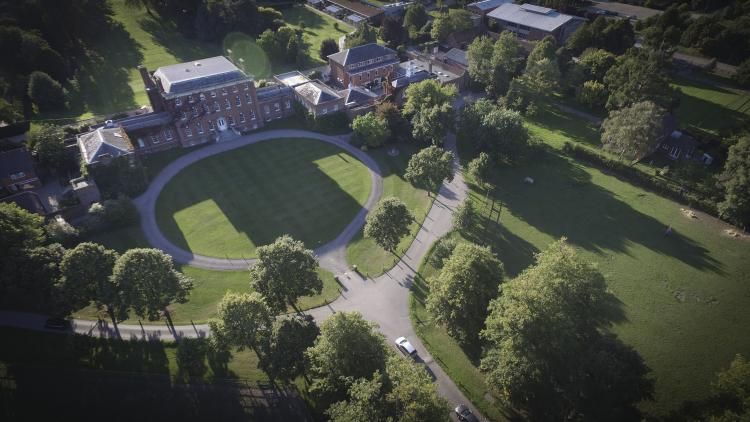Ambitious plans for Berkshire College of Agriculture's sustainability goals

Project overview
Berkshire College of Agriculture (BCA) has put together an ambitious heat decarbonisation plan for their Learning Centre after receiving more than £247,000 of funding from Salix Finance. The grant is from the Public Sector Decarbonisation Scheme (PSDS), which comes from the Department for Business, Energy and Industrial Strategy (BEIS).
The college replaced the existing dual kerosene boiler system with an air source heat pump (ASHP). In addition, the building energy management system (BEMS) will also be upgraded to ensure efficient use of energy and minimise heat wastage.
The project is expected to help BCA reduce carbon emissions by 649 tonnes over the air source heat pump’s 20-year lifespan. The college is also keen to champion the benefits of funding and want to become an example to other further education colleges, encouraging them to apply for grants which will help support their sustainability and net zero goals.
The college is located across 450 acres of farmland and is committed to buying 100% renewable electricity, with the air source heat pump paving the way to decarbonise its estate and for BCA to continue with its sustainability goals.
Student engagement and sustainability initiatives
The college prides itself on keeping its students updated with its sustainability plans as well as educating them on how these technologies work, why they benefit the environment and how they help reduce its carbon footprint.
Louis Wright, Sustainability Manager at BCA, gave applied science students a tour of the plant rooms, where students learned about biomass and kerosene systems energy efficiency and fuel yields of heat transfers on heat engine pumps. The students looked at energy efficiency and fuel yields to aid their understanding of heat transfer. A review of the new air source heat pump units to be installed on site was conducted, tying the project to their curriculum.
The contractor, who performed the installation, recorded video content for students which help explain its efficiency and environmental benefits.
The college is relaunching its sustainability hub website, which includes tips and advice for staff and students on how to reduce their carbon footprint. A sustainability working group of staff and students, helps advise on projects that achieve broad engagement from across the community.
The college’s first EV charging point has recently been commissioned, which is significant given its rural location. There is also a heavy emphasis on recycling, with food and general waste going to an anaerobic digestion plant and an energy recovery facility.
We’re delighted to receive funds from Salix. We replaced two oil boilers with cracked and corroded steel sections and replaced them with two air source heat pumps which are providing heating to our main Learning Centre.



